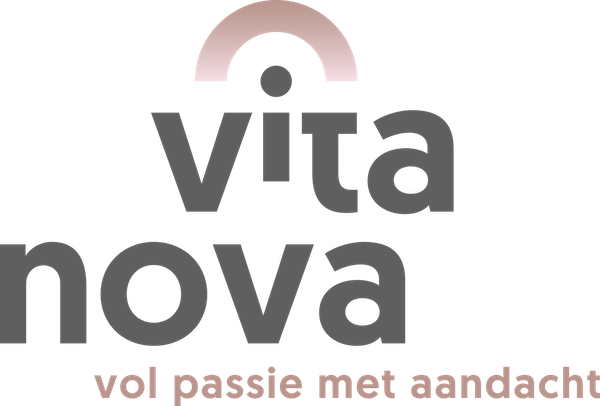A birth plan can contribute to a better experience and satisfaction of women with their delivery. Various research has shown that some specific items can influence the experience. For example: the way to coop labour pain, support from caregivers and or partner, continuity of care, medical interventions, feeling of control, participation in decisions about care and clear information. This plan can play a role in almost all of these themes.
What is a birth plan?
This is a communication tool, a wish list and a reflection of your personal expectations and fears considering childbirth. Writing this document triggers and invites you and your partner to consider what’s important to you considering your delivery.
It’s in particular a document that is useful to express your expectations considering your delivery towards your midwife or gynaecologist.
Good to realise is that at any moment in time you can deviate from this plan, because changing insights or circumstances can make you change your mind.
How do you write?
The plan can be written in many different ways. To get inspiration considering your wishes regarding childbirth you can use different sources: family, friends, internet, books, your midwife or a pregnancycourse counselor. It’s a concise and clear document of maximum 2 pages. A birth plan helps you to stay involved in things that happen during delivery and decisions that have to be made. Also at times that you aren’t able to express your wishes. It is important to provide insight into your assumptions and wishes to ensure that the delivery matches your expectations as much as possible, on one hand in a practical way but certainly considering communication.
Writing help
To help you writing, we have prepared a birth plan which you can use to fill in the information that is important to you. For some questions a short explanation is added to help you make an informed choice. After completing the form, you can send the document by pressing the send button. A notification will automatically go to Vita Nova and a notification to your email address with the message that we have received your plan. After discussing it, we will make a copy so that everyone is aware of your wishes.
The form is at the bottom of this page. Know that you have to fill in the document in one go because it is not stored on the net.
Discussing your plan
The document will be discussed during an appointment, it’s useful to book extra time for this. So please ask for a longer appointment when you book this appointment with our assistant.
